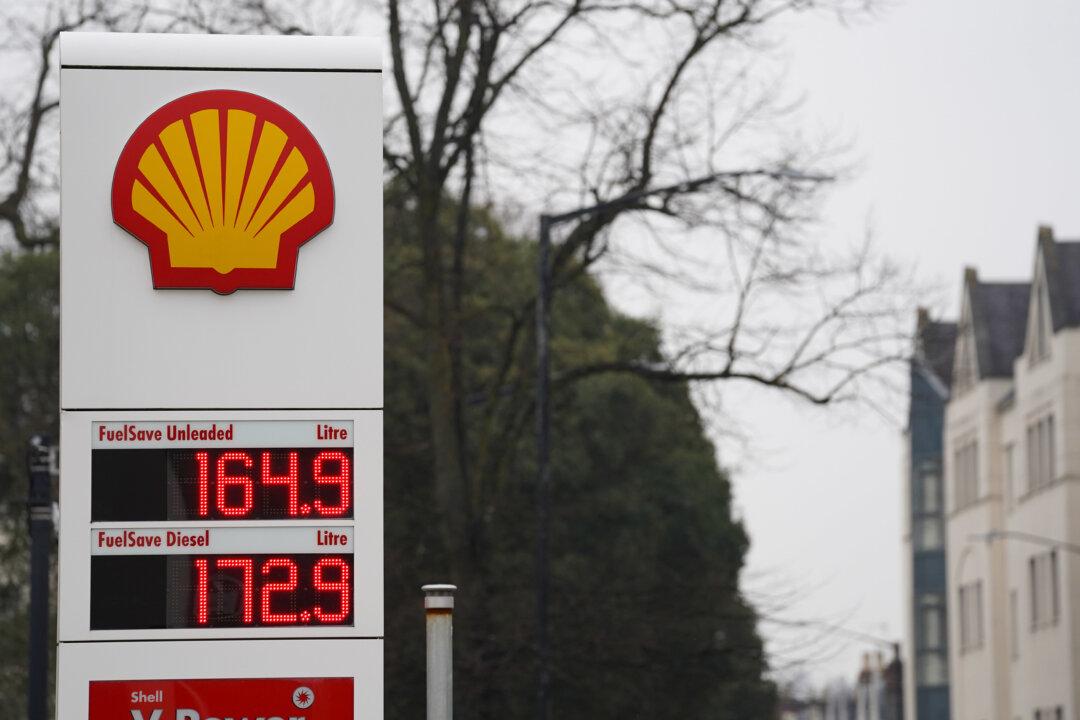Shell announced higher-than-expected profits for the first three months of 2023, continuing a positive winning streak after energy prices surged last year due to the Russian war against Ukraine.
Quarterly earnings benefited from higher oil and gas prices, a boost in refining profits, and excellent performance from its trading division.The UK-based oil company released its first quarterly report on May 4, with adjusted earnings of $9.65 billion, beating analysts’ expectations of $8.67 billion.
Shell was able to post adjusted annual earnings of $39.9 billion for 2022, surpassing the record $28.4 billion in 2008, and was two times more than its full-year profit of $19.29 billion in 2021.Although it was less than the $9.8 billion received in the fourth quarter of 2022, it was an improvement over the $9.13 billion in adjusted earnings from the year-ago period.





